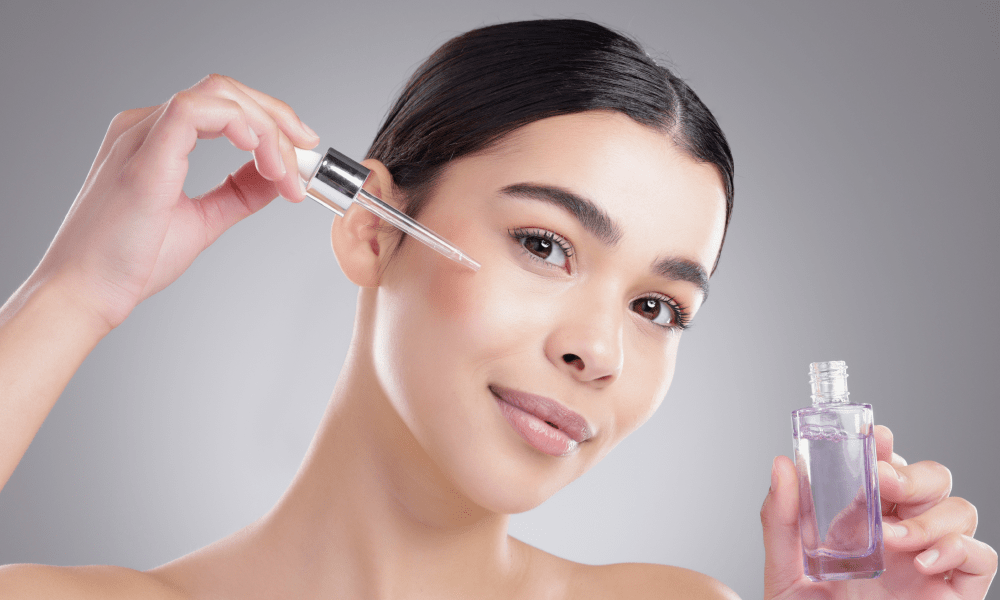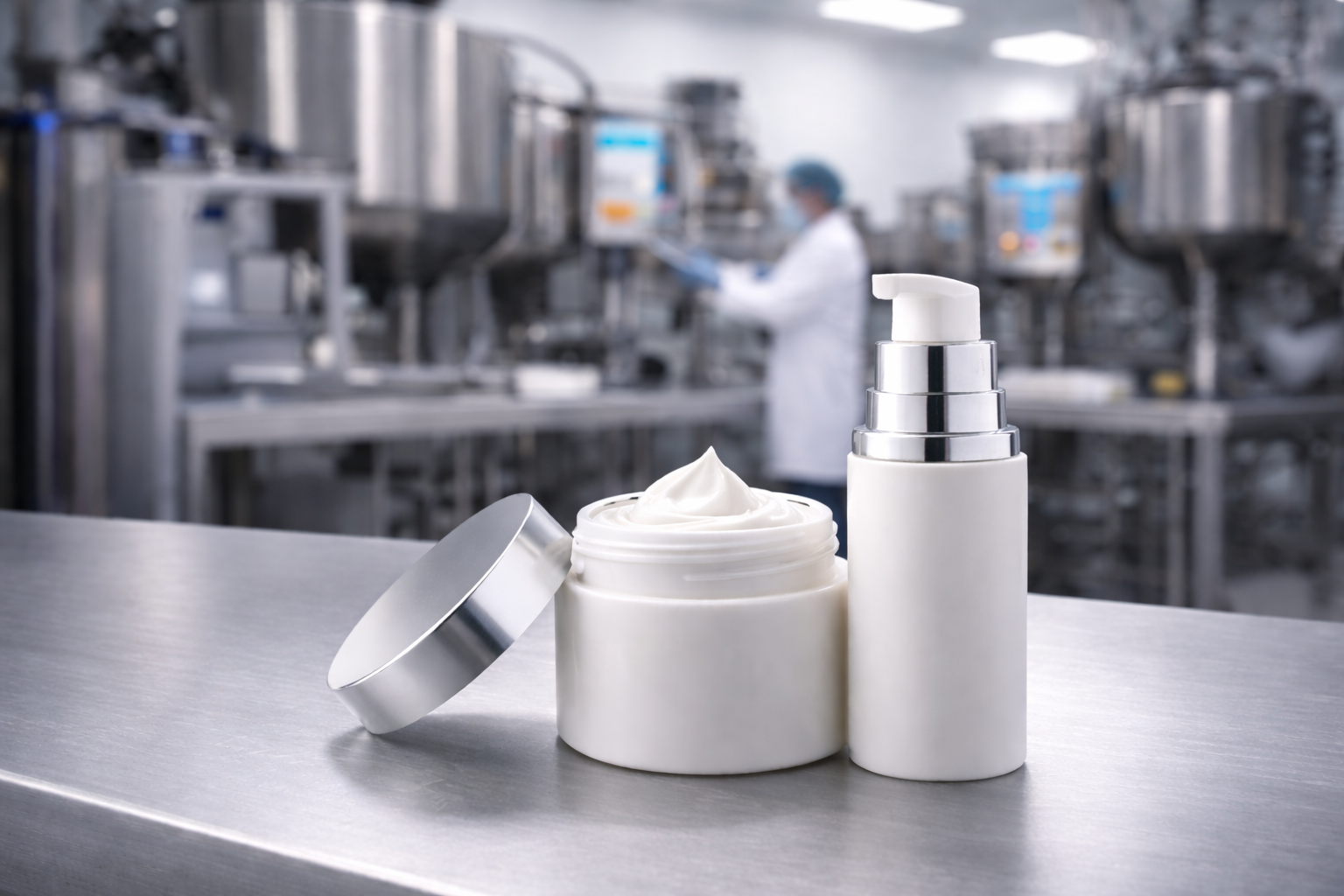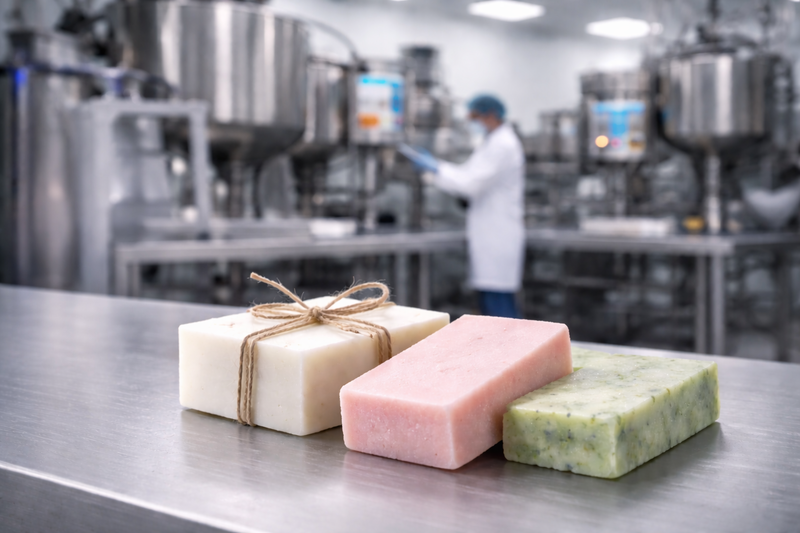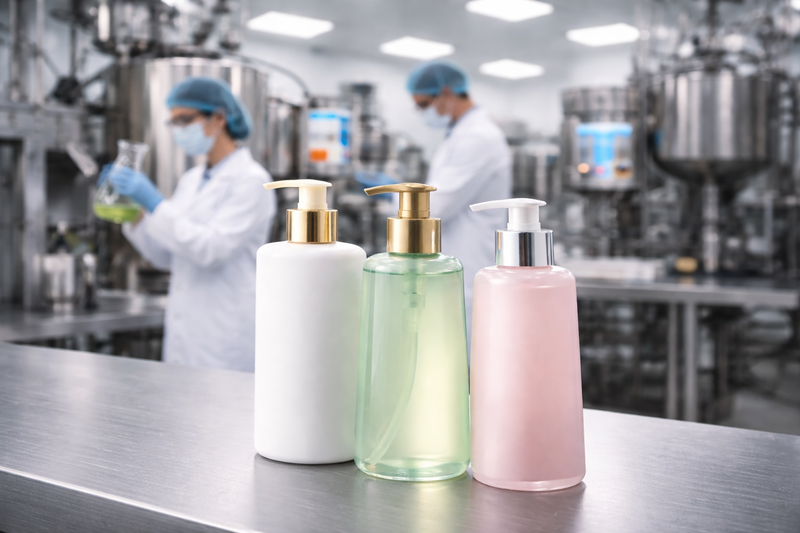Peptide Serum Science: How It Transforms Skin
Peptide serums have emerged as powerhouse treatments in modern skincare, harnessing chains of amino acids to signal the skin to repair itself and boost collagen and elastin production. From their biochemical action to real-world benefits—such as improved firmness, hydration, and reduction of fine lines—peptide serums offer a versatile option for all skin types. This comprehensive guide will cover what peptide serums are, how they work, their advantages and limitations, comparisons with other actives like retinol, vitamin C, and hyaluronic acid, usage recommendations, and tips for selecting the ideal formula.
What Is Peptide Serum?
A peptide serum is a skincare formulation enriched with peptides—short chains of amino acids that serve as building blocks of proteins like collagen and elastin in the skin . When applied topically, peptides can penetrate the skin’s surface and act as “messengers,” signaling fibroblasts to produce more collagen and elastin, key proteins responsible for skin firmness and resilience. Unlike larger proteins, these small molecules readily absorb into the epidermis, making serums an ideal delivery vehicle for peptides .
How Does Peptide Serum Work?
Biochemical Mechanism
Peptides mimic fragments of collagen, elastin, or other structural proteins. When your skin senses these fragments, it interprets them as signals of damage or depletion, triggering repair pathways that produce fresh collagen and elastin . The Ordinary’s Multi-Peptide + HA Serum uses technologies like SYN™-AKE, Matrixyl™ synthe’6™, Matrixyl™ 3000, and ARGIRELOX™ to target early signs of aging, visibly firming skin and smoothing fine lines.
Supportive Ingredients
Peptide serums often combine peptides with hydrating and soothing ingredients—such as hyaluronic acid, glycerin, and plant extracts—to enhance skin moisture and barrier support, maximizing the peptides’ effectiveness .
Key Benefits of Peptide Serum
Collagen Boosting: Regular use can improve skin elasticity and firmness by stimulating new collagen synthesis .
Reduction of Fine Lines and Wrinkles: Clinical studies and expert reviews show peptides can plump skin and soften lines over time .
Enhanced Hydration: Peptide serums often include hyaluronic acid and amino acids to attract and retain moisture, resulting in a plumper complexion .
Soothing and Barrier Support: Many formulas incorporate anti-inflammatory peptides or calming agents like allantoin and ceramides to reduce redness and strengthen the skin barrier .
Versatility: Suitable for all skin types, including sensitive and mature skin, peptide serums can be layered with other treatments without heavy irritation .
Peptide Serum vs. Other Actives
Retinol vs. Peptide Serum
Retinol, a vitamin A derivative, boosts collagen by increasing cell turnover in the dermis but can cause dryness and irritation, especially for sensitive skin . Peptide serums generally offer gentler collagen stimulation without significant peeling or redness, making them suitable for those who can’t tolerate retinol’s side effects .
Vitamin C vs. Peptide Serum
Vitamin C is a potent antioxidant that brightens skin and supports collagen formation but requires stable, low-pH formulations to remain effective . Peptide serums work at a broader pH range and can be combined with vitamin C provided the formulation is compatible, offering both antioxidative protection and collagen signaling .
Hyaluronic Acid vs. Peptide Serum
Hyaluronic acid excels at hydration by binding water molecules, delivering immediate plumping effects . While hyaluronic acid hydrates, peptides provide long-term structural benefits by improving skin firmness. Many top serums blend both for optimal plumpness and resilience .
Drawbacks and Considerations
Stability Concerns: Some peptides can degrade when exposed to incompatible ingredients (e.g., high-strength acids or certain antioxidants). The Ordinary advises avoiding direct acids and direct vitamin C in the same routine as their peptide + HA serum .
Gradual Results: Unlike injectables, topical peptides deliver subtle improvements over weeks to months, so patience and consistent use are essential .
Cost and Formulation Differences: Premium peptide serums can be expensive, and efficacy varies by peptide type and concentration; always review ingredient lists and clinical data when possible .
When to Start Using Peptide Serum
Dermatologists recommend incorporating peptide serums into your regimen as early as your mid-20s, when collagen production naturally begins to decline, to maintain skin firmness and delay visible aging .
How to Choose the Right Peptide Serum
Assess Your Skin Type:
Oily/Combination: Opt for lightweight, water-based peptide serums with humectants like glycerin .
Dry/Dehydrated: Look for formulas enriched with hyaluronic acid and emollient oils to seal in moisture .
Identify Target Concerns:
Fine Lines/Wrinkles: Seek peptides like palmitoyl tripeptide-1, acetyl hexapeptide-8, or Matrixyl™ variants.
Barrier Repair: Choose peptides with anti-inflammatory properties and soothing actives (e.g., pentapeptide-18, allantoin).
Check Additional Benefits:
Serums that include antioxidants, growth factors, or light-exfoliating acids can multitask, but ensure they’re compatible with peptides in pH and stability.
Try Xiangxiang Daily Now!
We Help You Launch New Products, And Continue To Grow. Try Us With 20% Off Your First Order!
About Xiangxiang Daily
Xiangxiang Daily is a leading ISO-certified facial serum manufacturer, offering over 5,000 proprietary formulas crafted with natural ingredients. Our state-of-the-art facilities and stringent quality controls ensure every peptide serum meets global standards for safety and efficacy. With collaborations spanning 3,000+ brands, we excel at custom formulation, tailoring peptide concentrations and complementary actives to your unique brand vision.
Partner with us to develop high-performance peptide serums that resonate with your target market. Contact Xiangxiang Daily today to customize your next bestseller.
Frequently Asked Questions
Q: What does peptide serum do?
A: Peptide serum delivers short chains of amino acids that signal collagen and elastin production, improving skin firmness, smoothing fine lines, and enhancing hydration.
Q: Is peptide serum better than retinol?
A: Peptides often offer gentler collagen-boosting benefits without the irritation and dryness commonly associated with retinol, making them suitable for sensitive skin or daytime use.
Q: What is the best peptide serum?
A: The ideal peptide serum depends on your skin type and concerns. Look for high-quality peptides (e.g., Matrixyl™, SYN™-AKE) combined with hydrating and soothing actives.
Q: What are the drawbacks of peptide serum?
A: Topical peptides deliver gradual results, can be sensitive to unstable pH environments, and may vary in efficacy based on formulation quality.
Q: What shouldn’t you mix with peptide serum?
A: Avoid pairing peptide serums with strong direct acids and low-pH vitamin C formulations, as they may degrade peptide performance.
Q: Is hyaluronic acid or peptide serum better?
A: They serve complementary roles—hyaluronic acid hydrates instantly, while peptides strengthen skin structure over time.
Q: What age is best to start peptides?
A: Incorporate peptides in your mid-20s to support natural collagen levels and maintain long-term firmness.
Q: Is vitamin C serum better than peptide serum?
A: Vitamin C brightens and protects against oxidative damage, while peptides focus on structural repair; combining them correctly can yield synergistic benefits.
Related Non-Profit Resources
Table of Contents
Latest Blog Posts
Check out the latest industry trends and take inspiration from our updated blogs, giving you a fresh insight to help boost your business.




